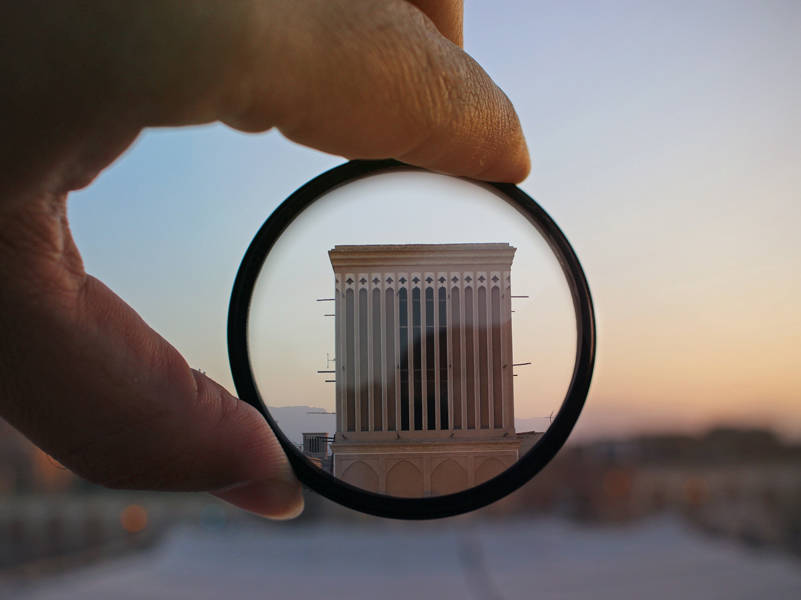By Morf Morford
Tacoma Daily Index
“Where no gods are, spectres rule.” – Novalis
The one belief that might unite us in the early 2020s is that we have no shared beliefs – we have no common foundation.
We are polarized, yes, you see that in every headline or newscast, but that doesn’t explain anything.
Divide and conquer has been an effective military strategy, but for some reason we’ve decided to turn it on ourselves.
Journalists, bloggers and news anchors wring their hands over how divided we, as a nation, even as a culture have become.
In the old days, meaning all of human history until just a few years ago, it was accepted that individuals, based on their age, experience, gender and station in life would have differing, and appropriate, views on work, government, social and individual roles and the meaning and purpose of life.
Men and women, children and adults, workers and nobility would, by necessity, have different lenses by which they framed the world and their individual (or shared) life experiences.
But what happens in a time of turmoil, when the established rules are thrown off and shared views of authority, protocol and tradition are dishonored or even discarded?
In other words, what becomes of law and political processes in a time like our recent history?
What happens is what we see every day – on our screens and maybe even among people we thought we knew – a contempt for authority and reliable, confirmable facts.
And a corollary belief system where aliens, “alternative facts” and beings from other dimensions make as much, or even more, sense than the reality plainly before us.
We used to know, and value individual life experience – but that was then and this is now – where we don’t believe anyone or anything – even ourselves.
We used to have a largely shared understanding of “the difference between right and wrong.”
But that has been long lost in our value system of short-term expediency and the exaltation of personal grievance.
What do we seem to care about as a culture? Sometimes it just seems to be how “rigged” the system is and how “unfair” everything is.
If it’s been a while since you have been around children, you might recognize this as the value system of the toddler.
Pouting and public whining have become standard features of our public discourse – but all too often accompanied by “adult” characteristics like vengeance, settling scores and vendettas.
Children are usually quick to forgive and move on. Somehow adults, who often need that skill more often, are unable to carry it off.
Truth, responsibility and accountability become neglected if not lost arts.
And the most preposterous flat-earth, lizard-people conspiracies begin to make more and more sense – and take on a vivid reality that previous eras would have marveled at.
Perception is everything, and in our era, especially thanks to cable news, talk radio and extremist bloggers, everything is perception.
Cultural values, beliefs, myths, attitudes, education, rules, and laws, in any particular community have a major impact on how we think, perceive and respond.
Most of the times, individuals believe, and act on what they think is true and understand at the most shallow and superficial level only.
In one of my classes, several years ago, a student who introduced himself as a conservative, wrote in his journal that liberals believe that the Second Amendment had to do with “well-regulated militias” while conservatives “knew” that the Second Amendment was directed to individuals and their right of self-protection and recreational use of weapons.
The irony, of course, is that the Second Amendment specifically mentions “well-regulated militias” and does not even hint at self-protection or recreational use of weapons.
In other words, the clearly defined meaning and intent of the Second Amendment is based, not on the assumption that everyone should have a gun, but that weapons should be used prudently within the context of “well-regulated militias” dedicated to public, not individual, safety and protection.
To put it mildly, openly carrying weapons in a grocery store, school or coffee shop would rarely, if ever, meet a common definition of the appropriate public use of “well-regulated militias.”
That is only one example of how a superficial understanding of a principle often leads to actions or beliefs in direct contradiction of its original intent and meaning.
As you listen to people or the media, take note of how often you hear of what people do (or don’t) believe.
Almost half of Americans don’t “believe in” face masks, vaccinations, climate change or even COVID itself.
It might help to keep in mind that there have been times when people did not “believe in” various ordinary, if not life-saving, items such as dining forks, auto seatbelts and blood transfusions. Some still question a few of these.
Fantastical international if not alien conspiracies are easier for many to believe than common sense health practices.
No business or government agencies can operate effectively under such conditions.
We have been cut loose (or cut ourselves off from) the knowable and confirmable.
What we “share” is our dislocation from any shared common ground.
Legitimate, verifiable information is barely comprehensible to an audience tantalized by the extremes and motivated to action by high-grade, professionally produced and seemingly irresistible mis-information.
Books, documentation and “fact-checking” take work, discipline and focus – all forces, even human superpowers, largely abandoned in our times.
And in our markets, public spaces, airwaves and personal conversations.
Thinking has always been hard work, but it used to be recognized, even rewarded – and certainly the intent of diligent and responsible teachers and parents.
Our general inability to read deeply and think simply yet clearly has cost us dearly.
Only the most superficial thoughts appeal to us. Our brains literally cannot do the heavy lifting of original research and analysis.
The work of reading poetry is nearly a lost art.
One of the very few topics virtually everyone of any age or background agrees on is the limpidity of the vast majority of current music – there is little with any power or passion.
Very few current songs or artists touch us in ways that only music can.
Most lyrics sound like the products of focus groups or an antiseptic pop song algorithm.
Music has lost the ability to challenge and hold our interest.
We have forgotten the key principle that the poet Shelley proposed over two hundred years ago; “Poets are the unacknowledged legislators of the world.”
A well-written song or poem will live forever. Some songs last longer than civilizations.
There’s an old saying that three minutes of serious thought could solve all of the world’s problems, but serious thought is hard work, and three minutes is a long time.
******
If you doubt the power of words – especially in the able hands of a poet, take a look at the poetry reading by Amanda Gorman who joined Robert Frost and Maya Angelou with her “The Hill We Climb” for the Biden inauguration.
https://www.kpbs.org/news/2021/jan/20/poet-amanda-gorman-reads-the-hill-we-climb/
To see every inaugural poem (there’s not that many!) look here: https://lithub.com/read-every-presidential-inauguration-poem-ever-performed-there-are-fewer-than-you-think/.






